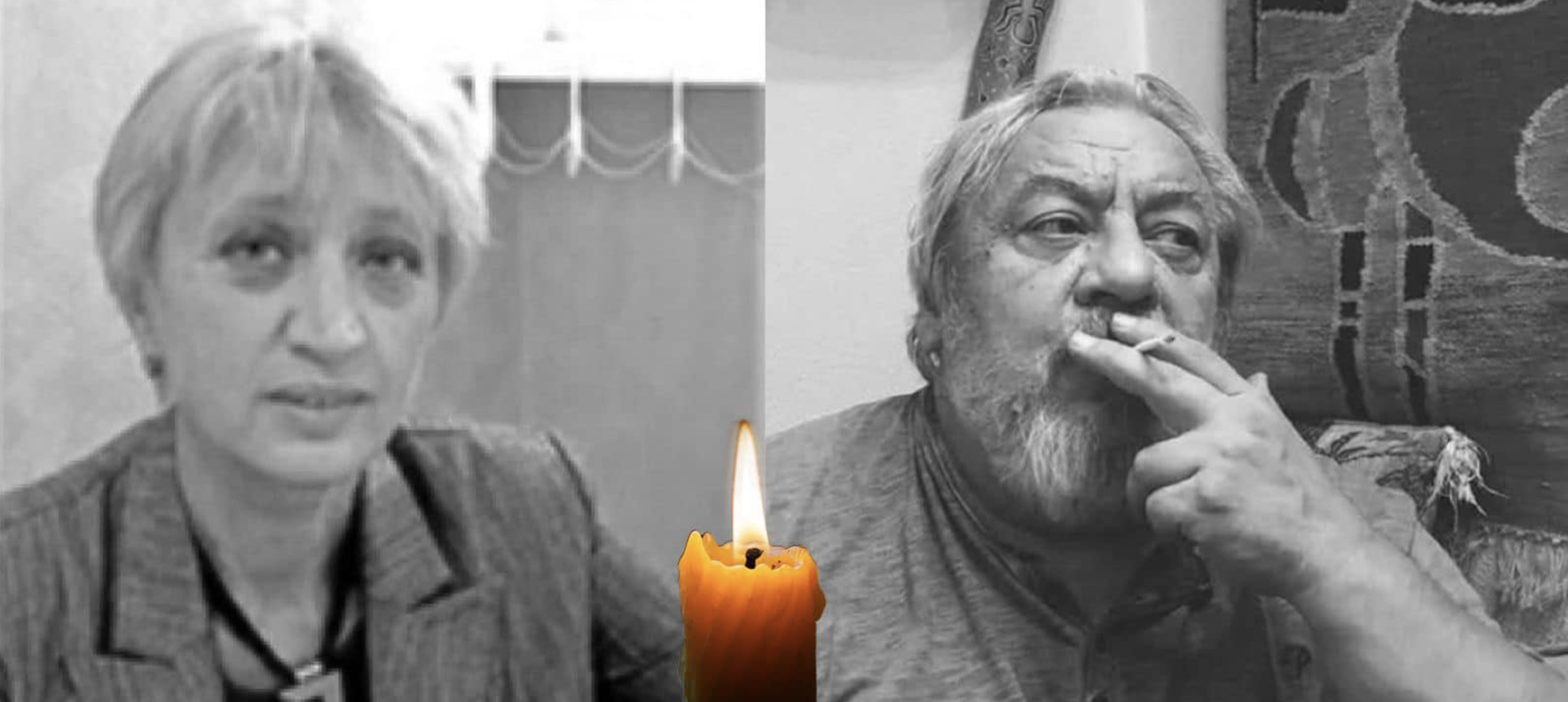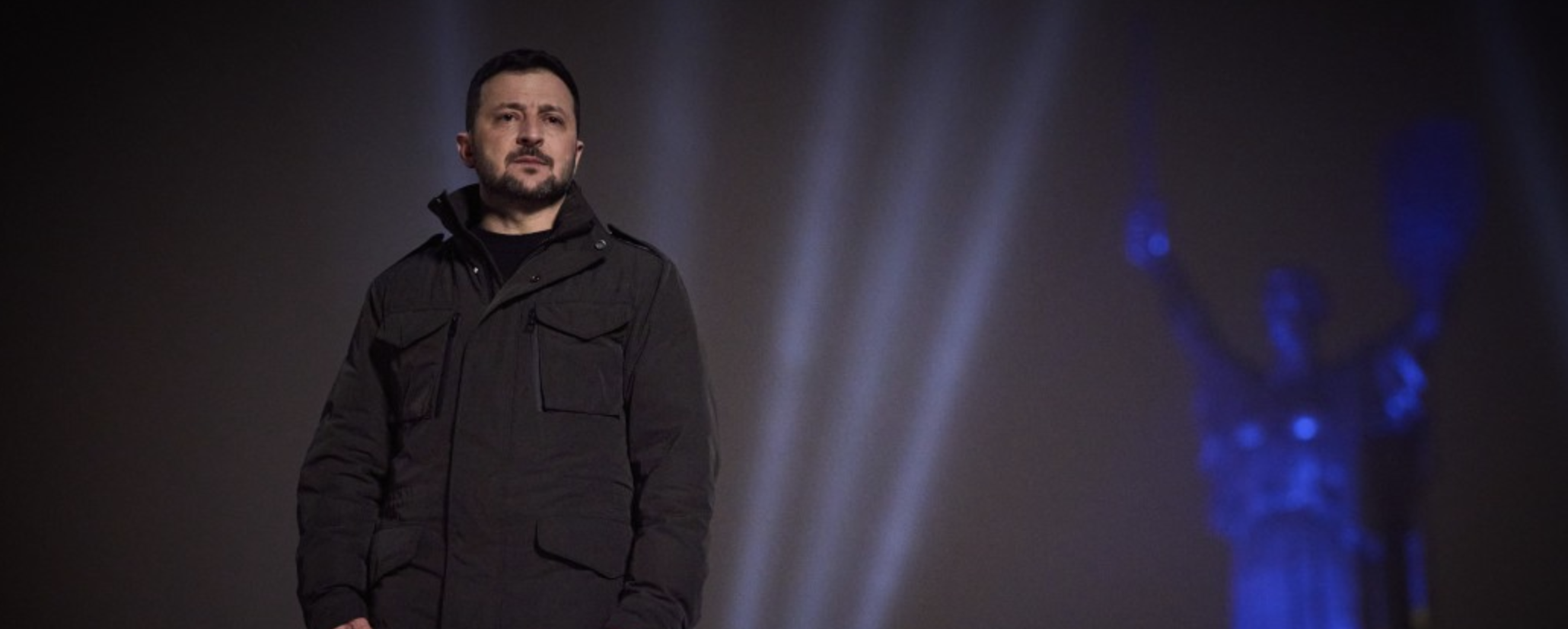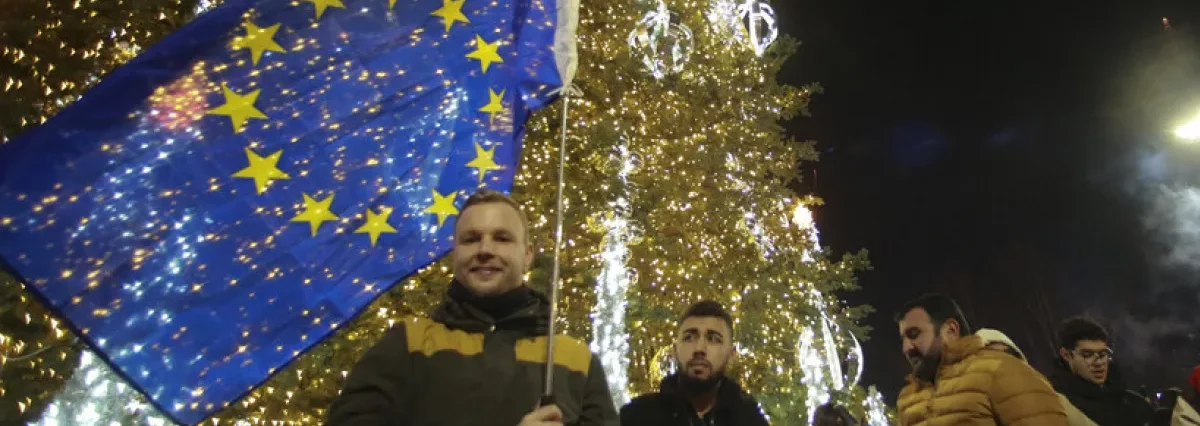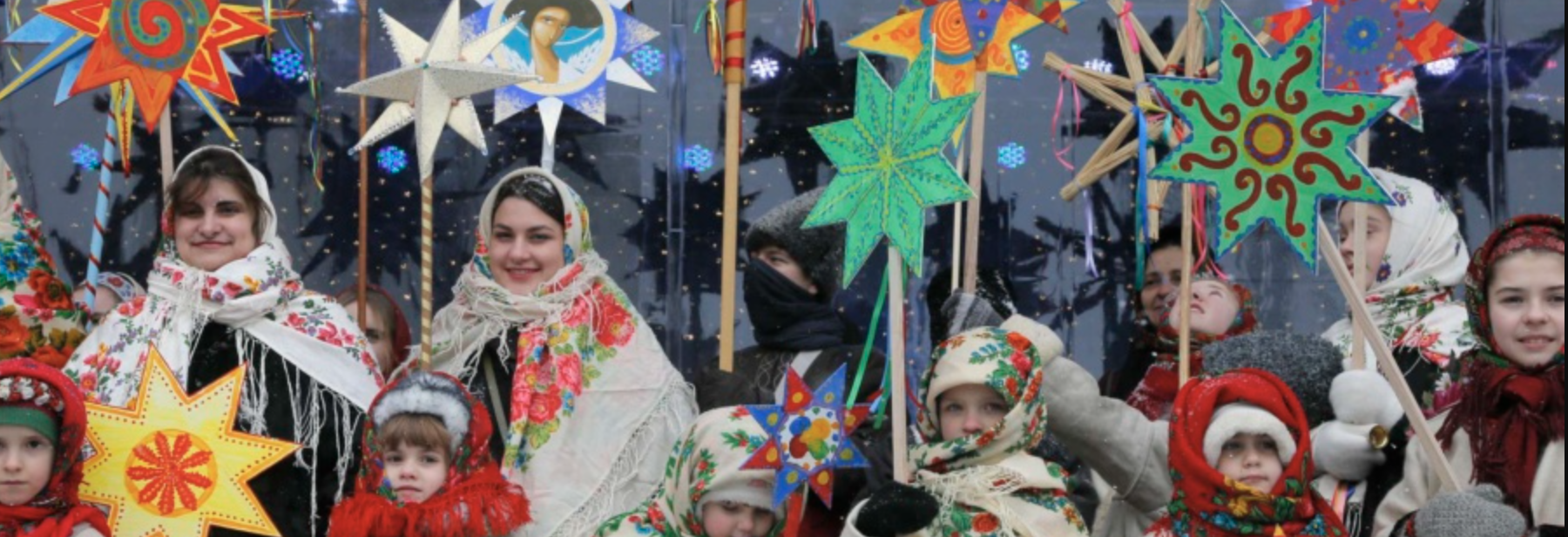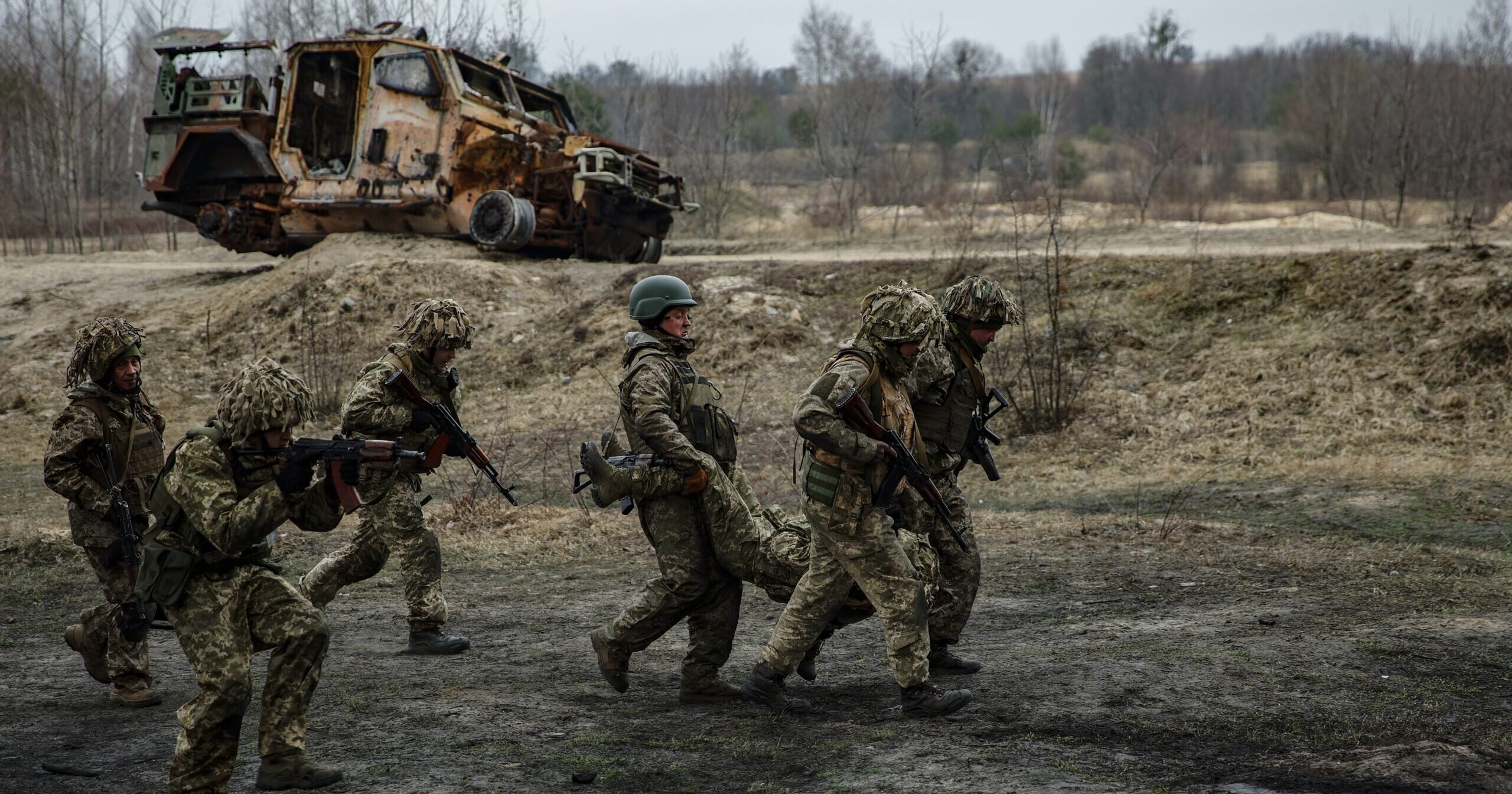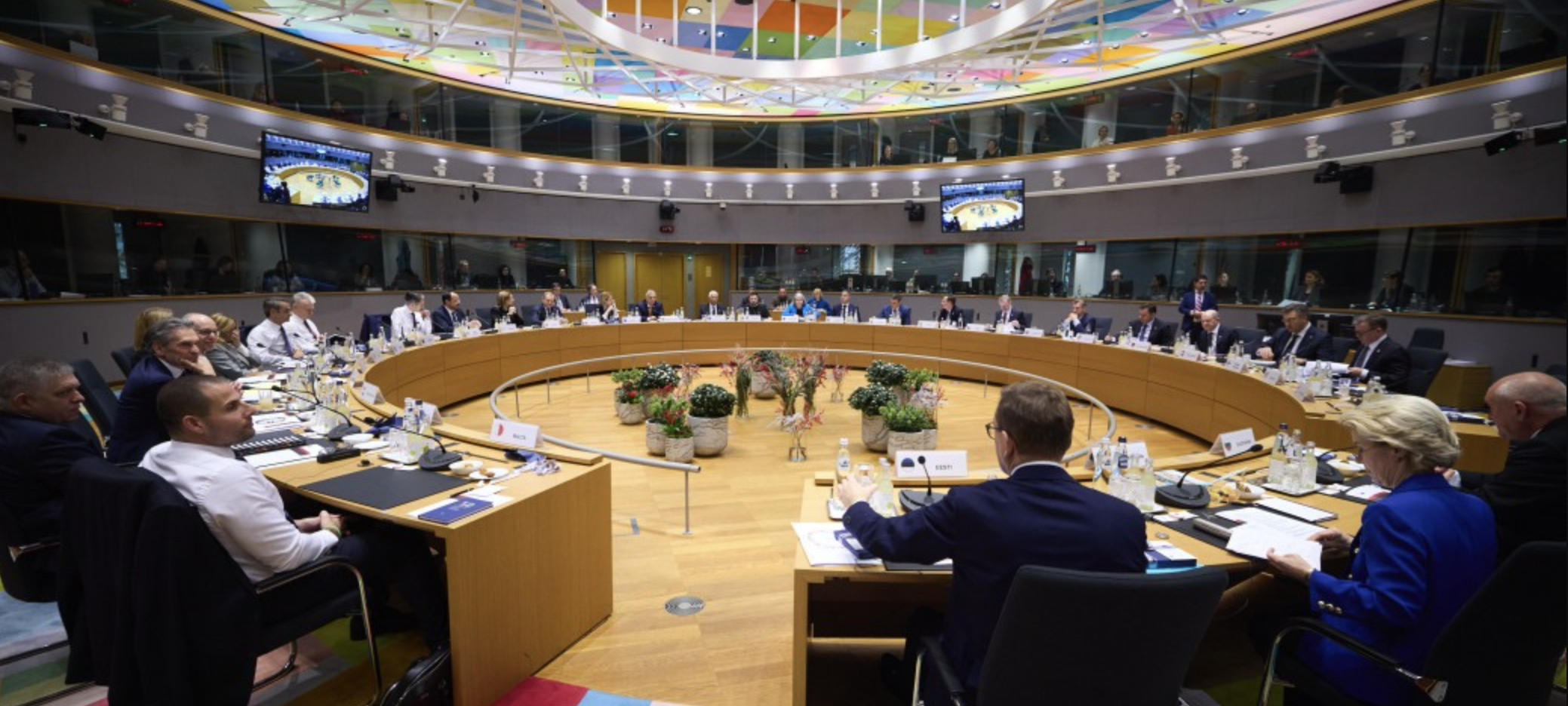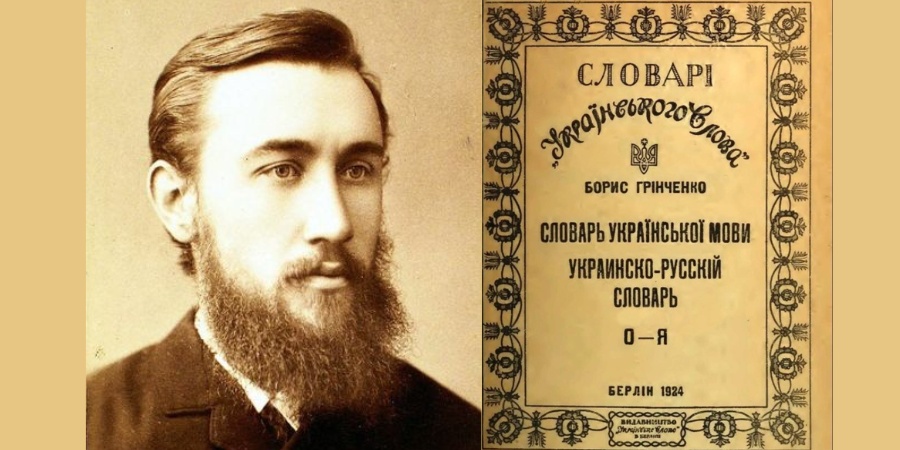
On 9 December 2023, the Ukrainian World Congress (UWC) joins Ukrainians in Ukraine and around the world to commemorate Borys Hrinchenko’s 160th birthday. The renowned writer, linguist, educator, ethnographer, and civic and political activist is best known for popularizing the Ukrainian language with a four-volume dictionary published over 110 years ago.
Borys Hrinchenko’s work as an academic and civic activist played a key role in the formation of Ukrainian national identity at the turn of the nineteenth and twentieth centuries; his work was an example of resistance to the policy of russification pursued by the tsarist regime in the Ukrainian lands under its imperial rule. Hrinchenko’s fundamental academic work, the four-volume explanatory “Dictionary of the Ukrainian Language”, not only recorded the entire linguistic wealth of the Ukrainian language in the early twentieth century but also played a significant role in popularizing the Ukrainian language and establishing its modern spelling conventions.
Borys Hrinchenko’s life reflected the fate of the Ukrainian people under Russian oppression: born in 1863 in what is today the Kharkiv oblast of Ukraine, Hrinchenko was raised in a russified family of Ukrainian petty nobles. He mastered the Ukrainian language with the help of Taras Shevchenko’s “Kobzar”, and joined the Ukrainian patriotic youth movement while studying in Kharkiv between 1874 and 1879. It was then that the young patriot first experienced the Russian repressive apparatus’ brutality: he was arrested and put in prison for several months for distributing publications banned by the tsarist government.
Later, Hrinchenko passed all the exams necessary to become a teacher at Kharkiv University, and he taught across eastern Ukrainian lands until 1893. By 1888, he had compiled his Ukrainian language primer, which he used to teach children. A year later, he prepared a reading book called “Ridne Slovo” [The Native Word]. To address the absence of Ukrainian textbooks in the schools, Hrinchenko wrote his own original works and translated selected works by Schiller, Goethe, Heine, Hugo, and other European writers, into Ukrainian.
In 1891, Borys Hrynchenko joined the “Bratstvo Tarasivtsiv” [Brotherhood of Taras], a secret Ukrainian political organization; its members took an oath on Taras Shevchenko’s grave in Kaniv, pledging to fight for Ukrainian national liberation from under the Russian yoke. That organization’s main branch operated in Kharkiv until the summer of 1893, but a wave of mass arrests of its members forced the organization to move its headquarters to Kyiv.
That’s where Borys Hrinchenko and his wife Maria moved to in 1902. In Kyiv, he worked on his life’s greatest work, The Dictionary of the Ukrainian Language, for the next 5 years. The four volumes were published from 1907 to 1909, and provided definitions for nearly 68,000 words. Borys Hrinchenko’s dictionary became the most lexically-complete Ukrainian dictionary published in the early twentieth century.
Hrinchenko’s time in Russian prison resulted in serious and chronic health problems; he traveled to Italy for treatment In 1909, where he died of tuberculosis in early May 1910.
Wherever Ukrainians may live, Borys Hrinchenko’s life, as a writer and scholar, reminds us of just how valuable and important the Ukrainian language is to our identity, and that nothing is impossible for someone who loves their country and their people and draws inspiration from working for their benefit.
